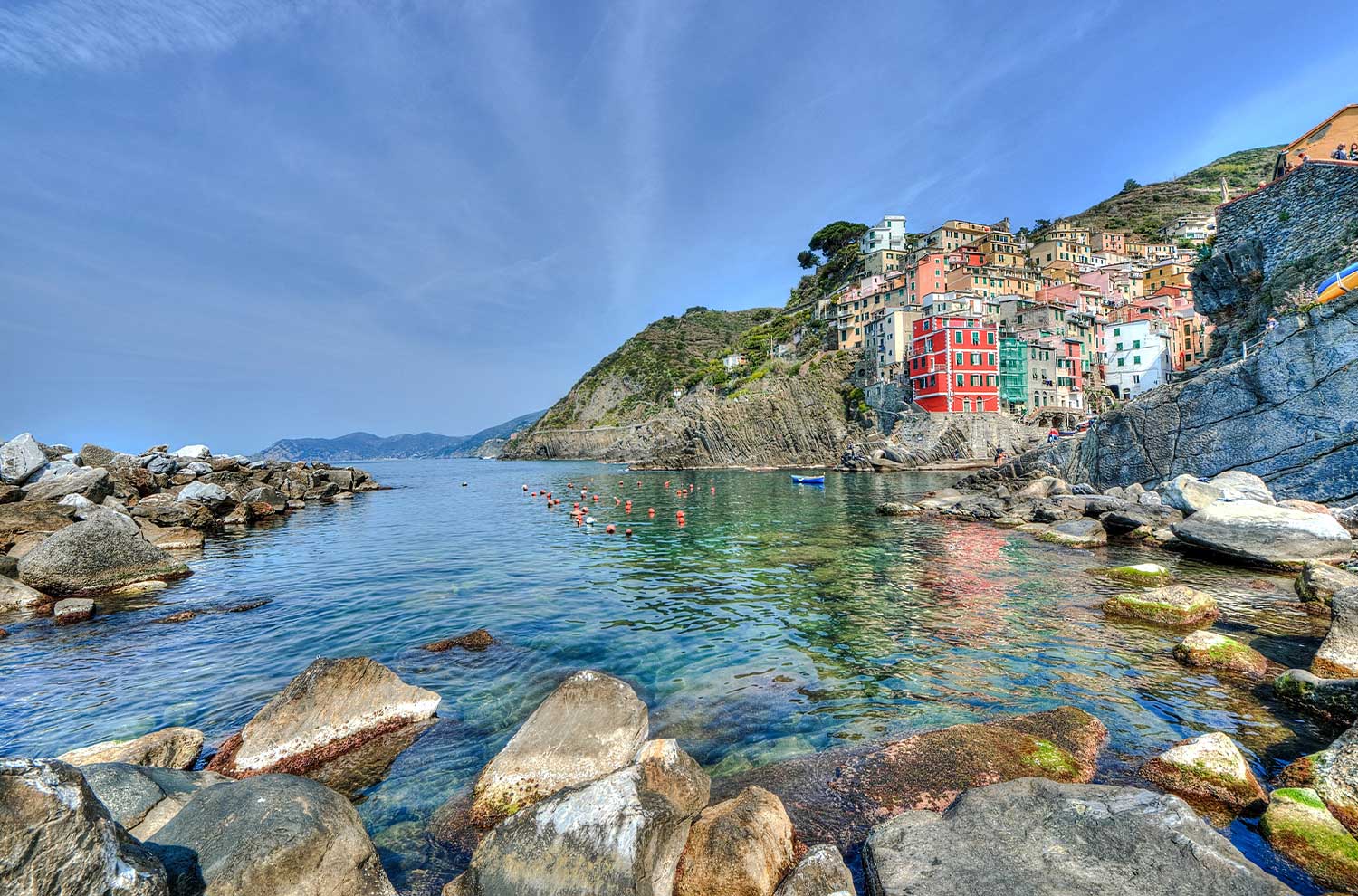Buying a property is an important step in everyone’s life. The house is, in fact, a place that reflects our personality and our passions. As far as style is concerned, there are those who prefer the timeless charm of old houses and those who prefer the essential and clean lines of the more contemporary solutions of new construction. Let’s see the main advantages of both.
Is it better to buy an old house or one under construction?
Obviously, there is no exact answer to this type of question: in fact, everyone chooses the solution that best reflects their taste and the context in which they prefer to live.
Buying a house under construction: what are the advantages?
♣ The first advantage of buying a property under construction is to live in a house that has never been inhabited before. An aspect that allows you to have “brand new” systems, services and a kitchen.
♣ Newly built houses are mostly already equipped with the latest generation systems (air conditioning, alarm, etc.) that do not require subsequent work.
♣ In a new solution it is possible to have excellent energy savings: in addition to efficient appliances there is also home automation, thanks to which it is possible to carefully control electricity consumption, with consequent savings in bills.
♣ All environments are fully customizable in every detail, from the parquet to the fixtures.
♣ Easier to get a mortgage: Builders usually have an in-house finance department that can streamline the financing process.
♣ The newly built complexes are mostly equipped with every type of comfort: from the garage, to the shared gym up to the room dedicated to the storage of parcels and the coworking area.
From a legal point of view the buying process related to a newly built or off-plan project is subject to different criteria and rules (Dlgs 122/05 + modifications) if compared with the traditional one.
The transfer tax criteria are also different as the transaction shall be taxed according with the VAT criteria: however for the year 2023 (Budget Law) the VAT reduces at half, so 2% VAT for the “First home” and 5% VAT for the “Second home”.
We do warmly recommend to hire an independent Lawyer before buying a new house in Italy.
Buying an old house: what are the advantages?
♣ An old house, compared to a contemporary solution, is mostly located in a prestigious area and in the center, where it is possible to benefit from all types of services without traveling too much.
♣ It has a wider margin of negotiation as some factors such as the condition of the property or customer demand can influence.
♣ An ancient solution has a timeless elegance: for example, there are decorative pillars, finely decorated ceilings, fine parquet and colored glass.
Ask for independent legal advice before buying home in Italy.
Recent News & Events
The purchase of prestigious properties represents a safe and profitable long-term investment. This type of property presents very peculiar characteristics that make it particularly recognizable; among the various, the uniqueness of the property shines clearly in terms of location, historical-artistic value, enviroment, architectural character/personality and - latest trend - energy efficiency. The attention to [...]
Short-term rentals are confirmed as a formidable weapon for making income from properties purchased as an investment. But the tax authorities are tightening their shirts to intercept the owners of second homes and transactions, so as not to lose this important piece of revenue. Meanwhile, with a Verdict issued at [...]
Italy can request withholding taxes on short-term rentals. This was stated by the EU Court which (partially) agreed with the Italian State deeming the law on short-term rentals introduced in 2017 to be legitimate. The European Court of Justice has declared that the Italy can request information and data on the leases made [...]
The short-term rental regime was introduced into our legal system with Legislative Decree no. 50 of 24 April 2017, in article 4. This is a particular form of tax regime dedicated to the rental of residential properties for a period not exceeding 30 days. The tax regime for short-term rentals applies [...]




